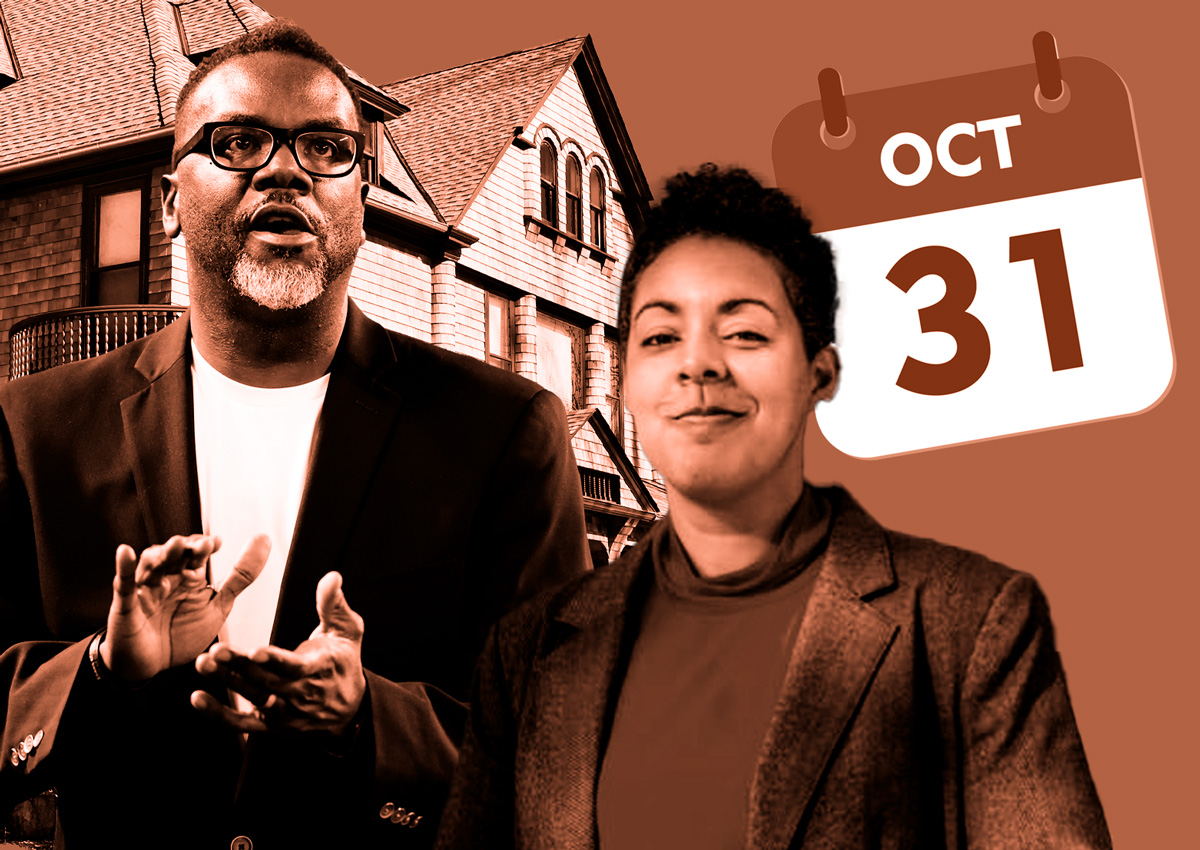Transfer Tax Vote Hike Slated For Tuesday

The time has come: the Chicago City Council will vote this week on Mayor Brandon Johnson’s controversial proposal to raise the transfer-tax rate on high-end property sales in the city.
If the policy, known as Bring Chicago Home, is approved on Tuesday, it could get final approval at the Wednesday council meeting, which would put the measure on the March primary ballot, Crain’s reported.
Until then, a heated referendum campaign is expected to play out between the policy’s advocates who believe it will combat homelessness and a real estate industry concerned about its potential adverse effects on an already subdued market. Both sides have intensified their tactics as of late.
Johnson’s goal for Bring Chicago Home is to utilize extra tax revenue stemming from increased transfer taxes — a one time fee upon purchasing a property — to fund more affordable housing projects and curb the city’s growing homelessness population.
The upcoming vote indicates that Johnson and his allies are optimistic that they’ll be able to secure enough votes for its approval. Alderwoman Maria Hadden, of the 49th Ward, is “confident” that it will be approved, she told the outlet.
The current transfer-tax rate is 0.75 percent for all property purchases, regardless of price. Johnson’s proposal, however, would raise the rate to 2 percent for any portion of a sale price over $1 million and 3 percent for any portion of a sale greater than $1.5 million, while lowering the rate to 0.6 percent on the first $1 million of a sale. It effectively would mean all sales for less than $1 million would be getting a slight break in the transfer taxes cut out of the deal while it would be raised significantly for large deals, impacting a huge proportion of commercial properties.
Although the measure has support from Johnson and other progressive council members, moderates in the council are skeptical about its effectiveness in generating funds for homelessness prevention programs.
Opponents have cited concerns about the cyclical real estate market, the potential for landlords to implement rent increases in the wake of the tax hike and additional tax burdens on downtown commercial property sales, which have already slowed this year.
The proposal must be approved by early January to secure a spot on the March ballot.
— Quinn Donoghue


